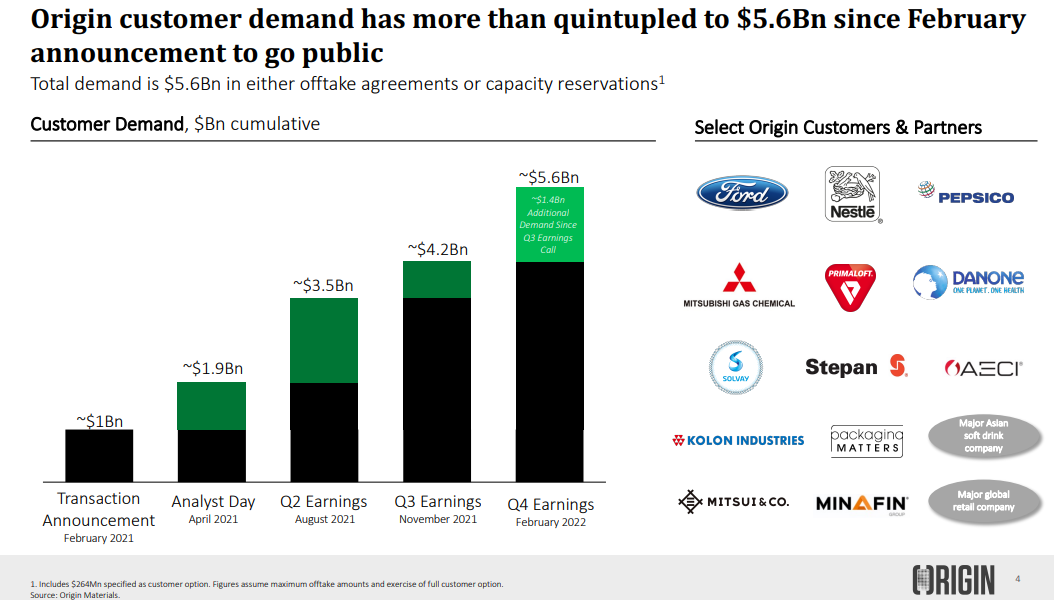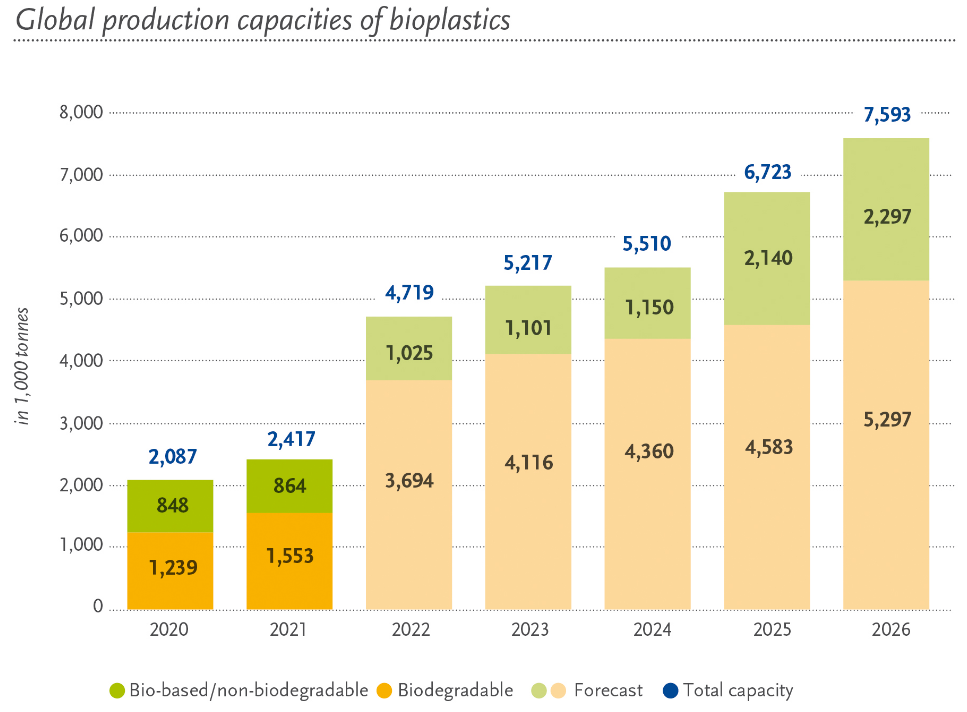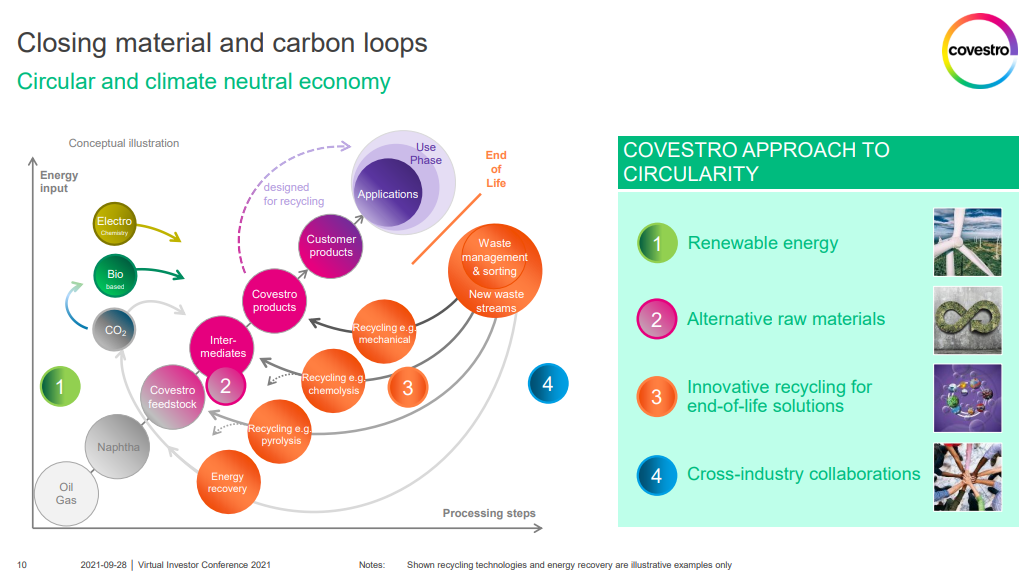Origin Materials reported earnings yesterday and the highlight was the further increase in possible customer demand for the products the company plans to make, as well as the recent announcement of a second US plant. In our ESG and Climate piece on Wednesday, we talked about how important it is going to be for these new technology companies to have bankable offtake agreements, as these will be needed to support funding, given the more cautious outlook that the market has towards project finance today and the concerns over rising rates. The products that Origin expects to make should have robust demand, and they should attract a whole bunch of interested customers, all of whom are struggling with their own ESG dialogue. The question around Origin is whether the technology can deliver the products at costs that make sense and in reliable volumes. The story looks good if the process does what is promised.
Market For Renewably Source Polymers Is Growing
Feb 25, 2022 1:52:40 PM / by Graham Copley posted in ESG, Polymers, Climate Change, Sustainability, renewable polymers, renewables, polymer demand, Origin Materials
Bioplastics: Probably Important But Small For Now
Dec 7, 2021 2:50:00 PM / by Graham Copley posted in ESG, Recycling, Polymers, Sustainability, Plastics, biodegradable, ESG investment, climate, plastics industry, biodegradable polymers, biodegradable plastics, polymer demand, bioplastics
The bioplastics chart below (from today's daily report) is interesting from a couple of perspectives, the first being whether the projections are reasonable and the second being the significance of the investments. We believe that the volume targets are optimistic, given the capital requirements and that many of the companies pursuing bioplastics are relatively new and need to borrow most or all of the capital needs. The volumes would be easier to believe if the participants were large companies with strong balance sheets. The second point is just how small the volumes are in the grand scheme of plastics. Global demand for plastics exceeds 300 million tons and consequently, the 2026 projection would account for only 2.5% of global polymer demand. Note that in the article (linked here) around the uptake of biodegradable plastics – in this case in the UEA – one of the constraints to growth listed is availability. The other constraint, which likely faces producers in all markets is consumer education. Introducing a new polymer – or range of polymers – into an already confusing mix will require consumer education around what is biodegradable and what to do with the material. This topic follows on from the recycling theme in last week's ESG and Climate Report.
Pretty Charts Hide Very Complex ESG Problems
Sep 28, 2021 12:43:15 PM / by Graham Copley posted in ESG, Recycling, Climate Change, Sustainability, Carbon, Emissions, Mechanical Recycling, recycled polymer, Gevo, feedstock, chemical recycling, polymer, biodegradable plastics, Origin, polymer demand, Covestro
Companies are being encouraged/forced to produce climate plans by ever more focused shareholders many of whom only have a passing understanding of how some of the companies operate and how they might best set a course to lower emissions and otherwise be better stewards of the environment. The pretty graphic by Covestro below likely looks much better than the data and ambition behind it really are. This is not necessarily meant as a criticism of Covestro, but the company like many others is being challenged to explain a very complex, process, and engineering-heavy set of options to an audience not really qualified to understand them – pictures with circles are easier.




